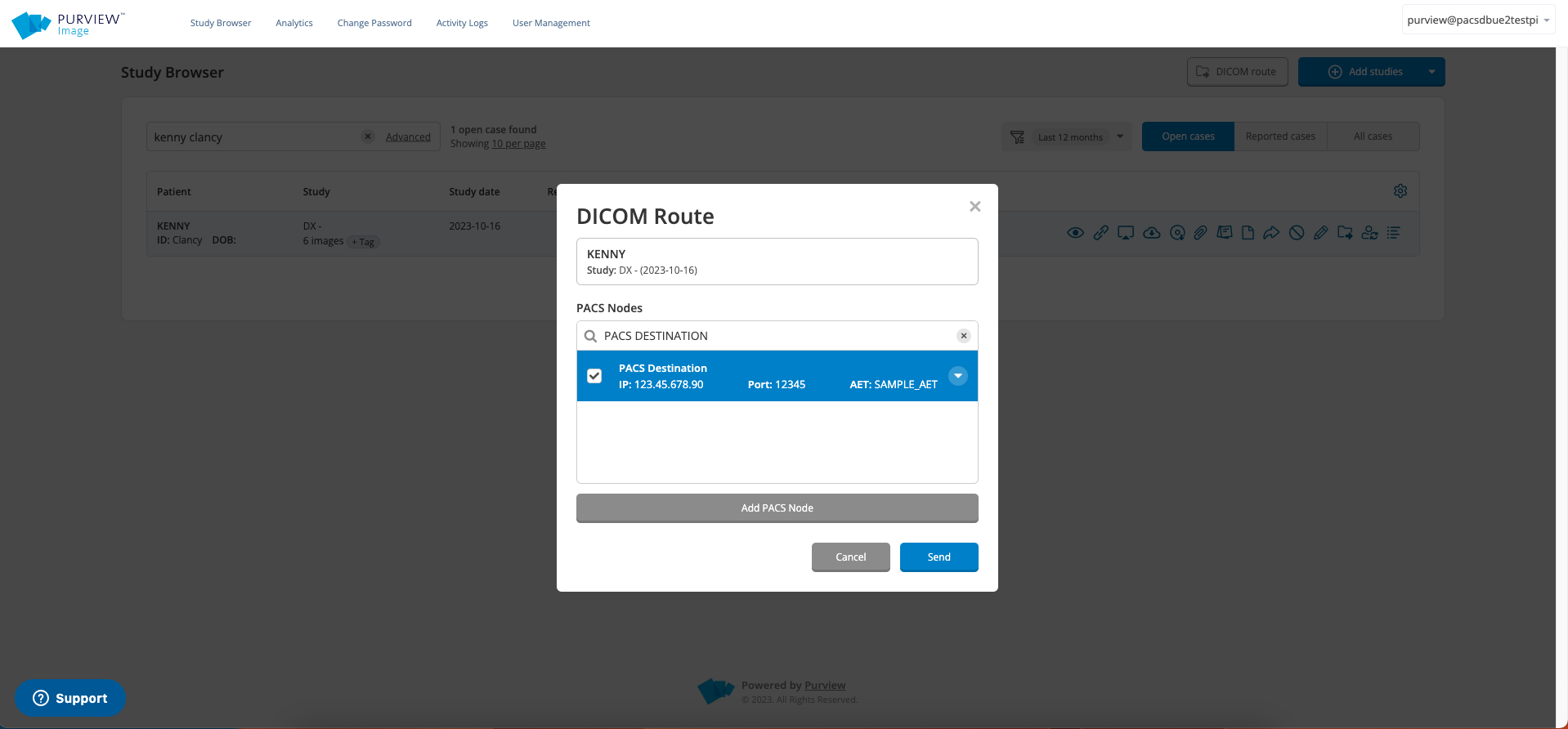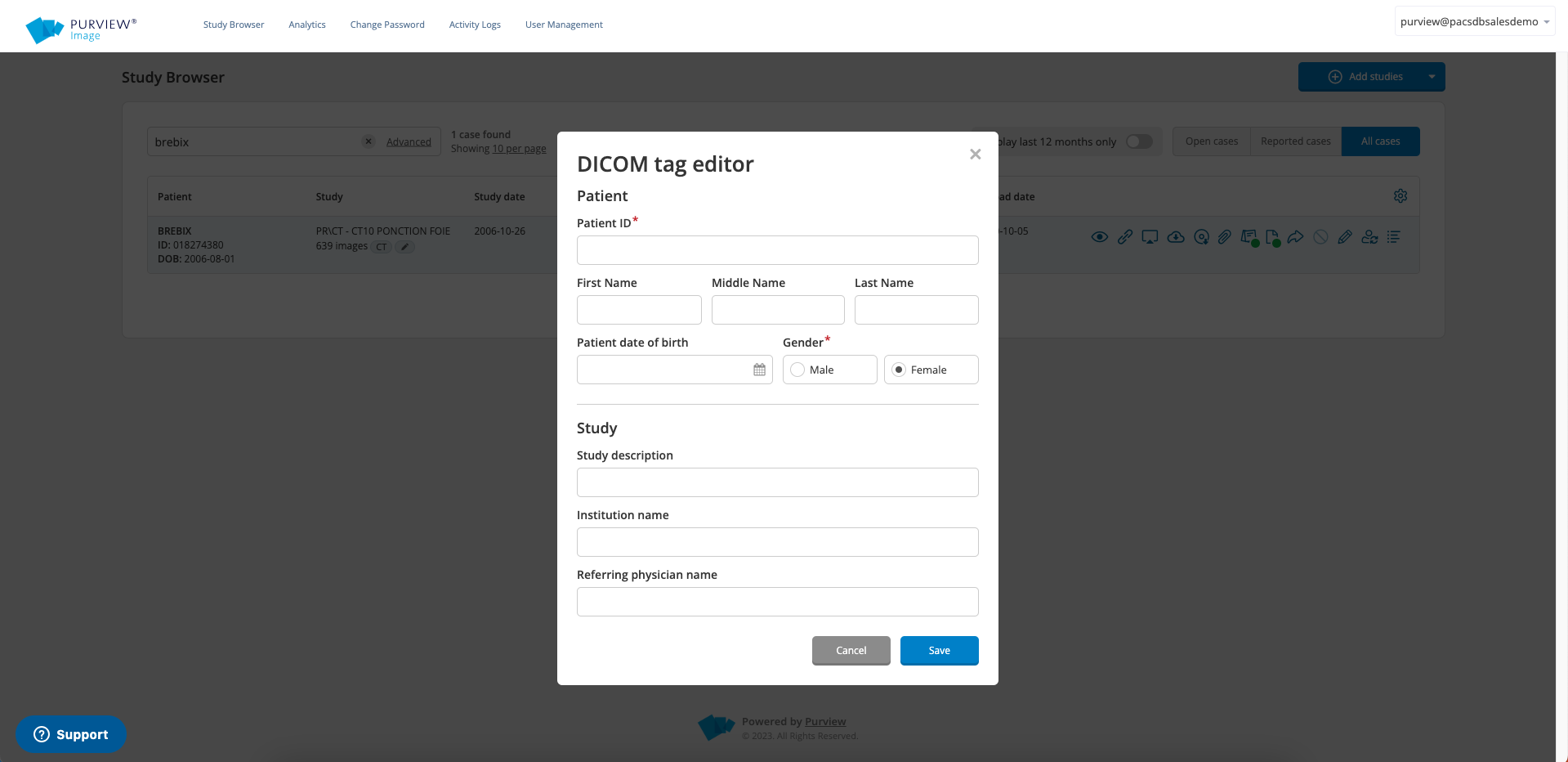In a rural town in the United States, Jordan’s infant son, Milo, was born with a cranial abnormality. Upon medical evaluation at their local hospital, the infant was diagnosed with craniosynostosis, a congenital disorder characterized by premature fusion of cranial sutures leading to a misshapen skull and potential brain growth restriction. Milo required major surgery to address his condition, but due to the scarcity of specialized healthcare services in their region, particularly for such a complex procedure, the family could not access the necessary medical expertise. Desperate for support, Jordan researched her son's condition and located a children's hospital with a top-ranked Craniofacial surgeon. Yet, the facility was nearly one thousand miles away from their hometown, and due to financial constraints, such as the cost of transportation, lodging, and time off from work, Jordan doubted their ability to make the trip across the country for the surgical evaluation. She worried that even if they could get there, what would happen if her son was not a good candidate for the surgery? It was not a realistic option for them to visit multiple hospitals in person to receive second opinions, and she felt stuck. Jordan’s story represents the struggle of many Americans to access quality medical care for their children without facing significant geographic and financial barriers. For this reason, many families seek answers closer to home, instead of receiving care from top experts, which can reduce positive healthcare outcomes.






